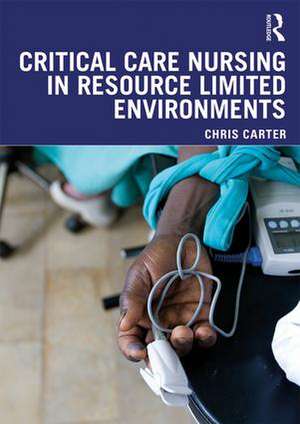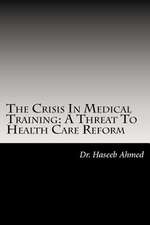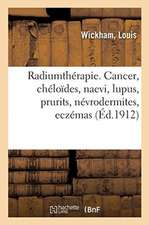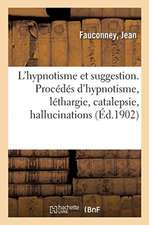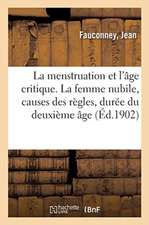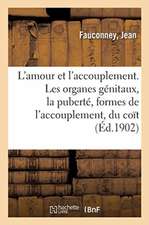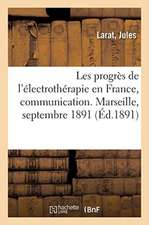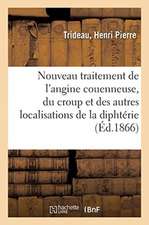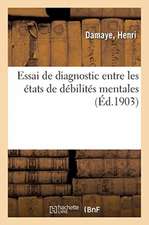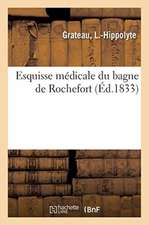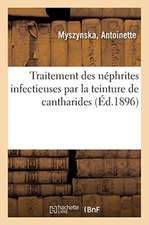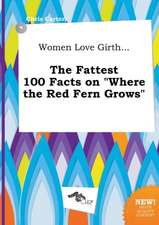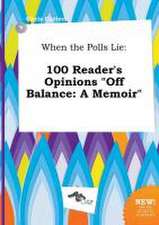Critical Care Nursing in Resource Limited Environments
Autor Chris Carteren Limba Engleză Paperback – 24 iun 2019
This book provides guidance on the unique situations for nurses working in these challenging environments, while considering ethical decision-making, providing appropriate services, and the types of patients admitted. Topics covered include:
- working in a resource limited environment;
- cultural awareness and international agendas;
- provision and access to healthcare services;
- ethical considerations in the context of resource limited environments;
- best practice and knowledge regarding rehabilitation, pain management, managing a major incident;
- relevant research concerning resource limited environments.
| Toate formatele și edițiile | Preț | Express |
|---|---|---|
| Paperback (1) | 351.26 lei 3-5 săpt. | +30.54 lei 7-13 zile |
| Taylor & Francis – 24 iun 2019 | 351.26 lei 3-5 săpt. | +30.54 lei 7-13 zile |
| Hardback (1) | 1012.10 lei 6-8 săpt. | |
| Taylor & Francis – 25 iun 2019 | 1012.10 lei 6-8 săpt. |
Preț: 351.26 lei
Nou
Puncte Express: 527
Preț estimativ în valută:
67.21€ • 70.36$ • 55.61£
67.21€ • 70.36$ • 55.61£
Carte disponibilă
Livrare economică 15-29 martie
Livrare express 01-07 martie pentru 40.53 lei
Preluare comenzi: 021 569.72.76
Specificații
ISBN-13: 9781138093515
ISBN-10: 1138093513
Pagini: 356
Dimensiuni: 174 x 246 x 20 mm
Greutate: 0.66 kg
Ediția:1
Editura: Taylor & Francis
Colecția Routledge
Locul publicării:Oxford, United Kingdom
ISBN-10: 1138093513
Pagini: 356
Dimensiuni: 174 x 246 x 20 mm
Greutate: 0.66 kg
Ediția:1
Editura: Taylor & Francis
Colecția Routledge
Locul publicării:Oxford, United Kingdom
Public țintă
Postgraduate, Professional, and Professional Practice & DevelopmentCuprins
1. Introduction: Expect the unexpected
2. Working in a resource limited environment
3. Cultural awareness and sensitivities Sue Viveash
4. International agendas
5. Access and provision of healthcare services
6. Providing critical care in resource limited environments
7. Critical care equipment
8. Environmental and infection prevention control considerations
9. Managing a major incident in critical care
10. Ethical considerations and mission creep
11. Recognition of the acutely ill patient
12. Oxygen therapy and monitoring
13. Mechanical ventilation
14. Sepsis and septic shock
15. HIV
16. Tuberculosis
17. Tropical medicine
18. Malaria
19. Tetanus
20. Cholera
21. Sickle cell anaemia
22. Principles of trauma care
23. Principles of burns care
24. Surgical care
25. Principles of wound care
26. Surgical site infection
27. Pain management
28. Women’s health
29. Paediatrics
30. Organophosphate poisoning
31. Snake and scorpion bites
32. Hypertension
33. Diabetic keto-acidosis
34. Resuscitation
35. Useful calculations
36. Rehabilitation and physiotherapy
37. Nutrition
38. Sharing best practice and knowledge
39. Conducting audit and research in resource limited environments
2. Working in a resource limited environment
3. Cultural awareness and sensitivities Sue Viveash
4. International agendas
5. Access and provision of healthcare services
6. Providing critical care in resource limited environments
7. Critical care equipment
8. Environmental and infection prevention control considerations
9. Managing a major incident in critical care
10. Ethical considerations and mission creep
11. Recognition of the acutely ill patient
12. Oxygen therapy and monitoring
13. Mechanical ventilation
14. Sepsis and septic shock
15. HIV
16. Tuberculosis
17. Tropical medicine
18. Malaria
19. Tetanus
20. Cholera
21. Sickle cell anaemia
22. Principles of trauma care
23. Principles of burns care
24. Surgical care
25. Principles of wound care
26. Surgical site infection
27. Pain management
28. Women’s health
29. Paediatrics
30. Organophosphate poisoning
31. Snake and scorpion bites
32. Hypertension
33. Diabetic keto-acidosis
34. Resuscitation
35. Useful calculations
36. Rehabilitation and physiotherapy
37. Nutrition
38. Sharing best practice and knowledge
39. Conducting audit and research in resource limited environments
Notă biografică
Chris Carter is a Major in Queen Alexandra’s Royal Army Nursing Corps, where he has had roles as a practitioner and as an educator. He is currently a nurse lecturer at the Defence School of Healthcare Education, Department of Healthcare Education, Birmingham City University, UK. Major Carter chairs the Royal College of Nursing Defence Nursing Forum.
Recenzii
"The book is purposeful, practical and a model of professionalism. The author never resorts to the sensationalism or sentimentalism that pervades the literature from the global north about nursing in low-income countries. The author has a dispassionate style that is rational and mindful of the need to provide unequivocal information. The single-author approach has given the book a consistent style of writing that avoids overlap and repetition. The clinical content is as detailed as possible and contains many guidelines, and black and white pictures and photographs. The references are superb and contain a considerable amount of evidence and information about a fledgling topic. The book describes the phenomenon of global health and provides some justification for the growing number of critical care units in low-income countries. Another worthy feature of the book is the information about defence nursing and the type of resource-limited environments that confront the military."
David Muir. PhD Candidate, University of Hull
David Muir. PhD Candidate, University of Hull
Descriere
This book provides guidance on the unique challenges for nurses working in these challenging environments, while considering ethical decision making, providing appropriate services, and the types of patients admitted.
